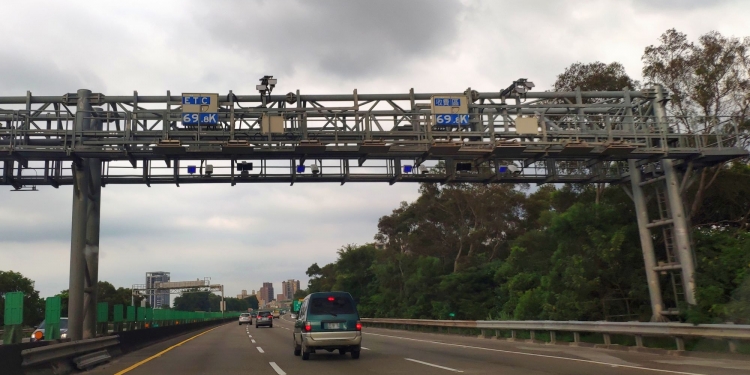The multi-lane fast flow (MLFF) toll collection system trials will begin next year according to Deputy Works Minister Abdul Rahman Mohamad. This was revealed as part of his response to the questions from Alor Setar MP Afnan Hamimi Taib Azmudden at the Parliament yesterday.
While Abdul Rahman did not provide any in-depth details regarding the trials, he did say that the MLFF project will involve additional technologies such as Automated Number Plate Recognition (ANPR) and RFID. For now, the system is still being studied by the government says the deputy minister.
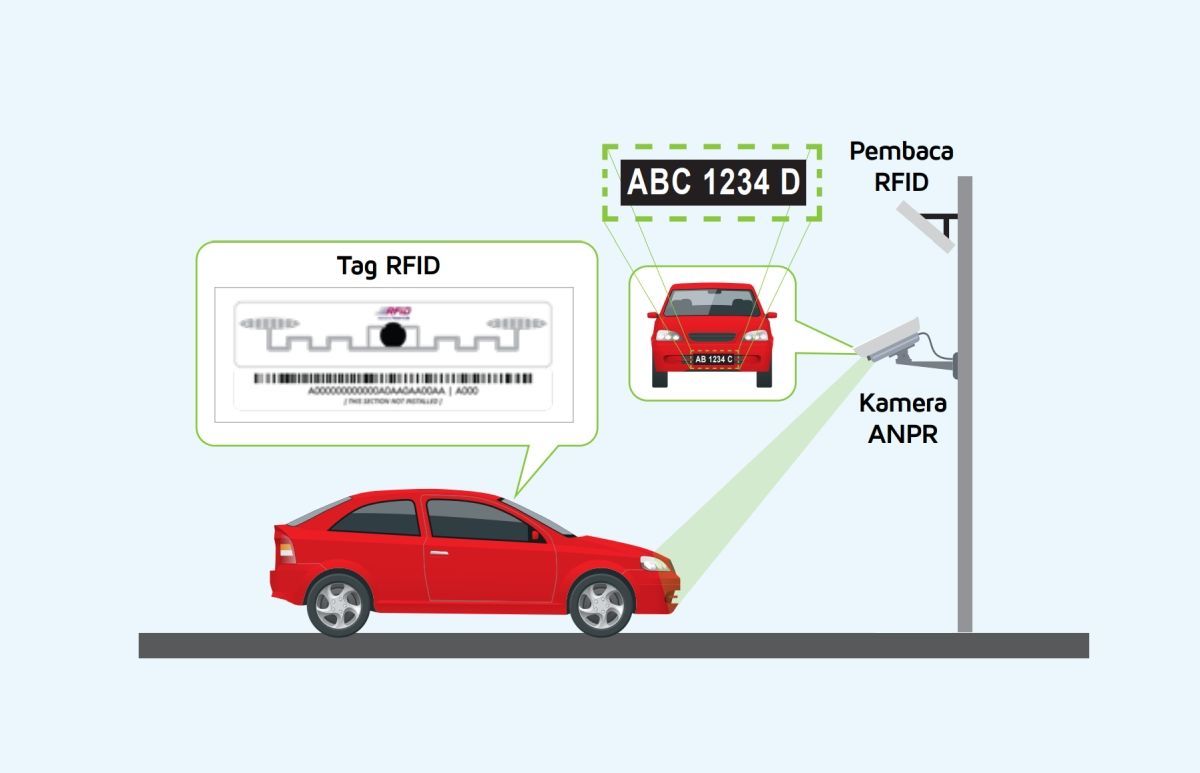
In general, what he said at the Parlimen yesterday was no different from the statement he made back in March. However, the timeline now seemed cloudy given the recent report that there has been some pushback from highway concessionaires.
Highway concessionaires reportedly not happy with the government’s MLFF proposal
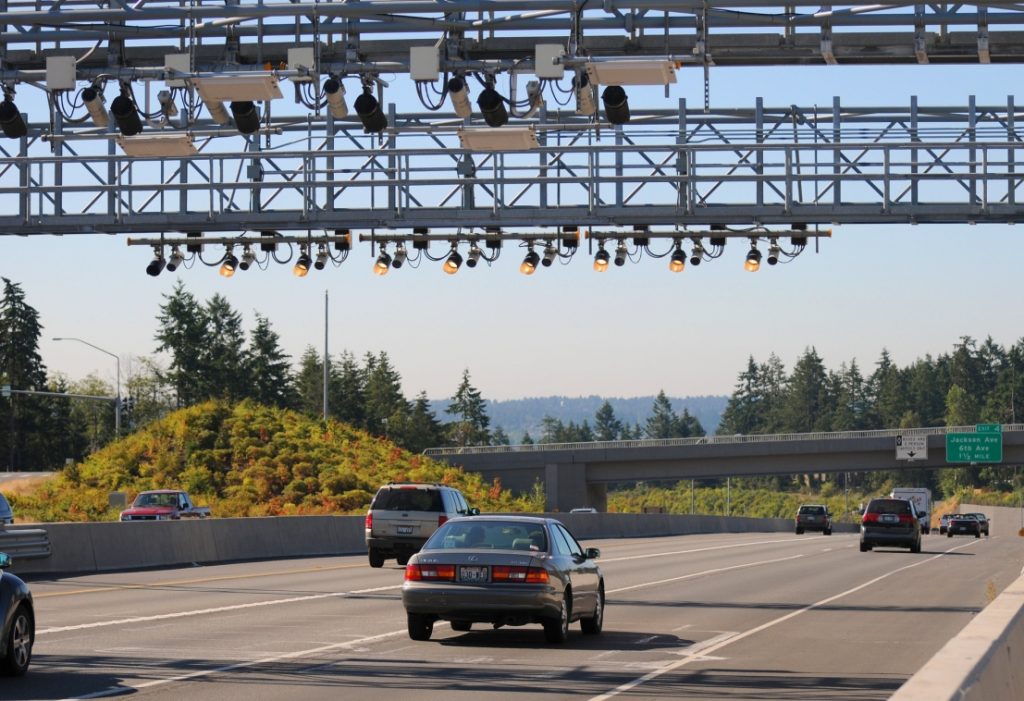
Industry sources have said that the highway concessionaries are not comfortable with what the government has in store for the MLFF project. According to a report by The Edge late last month, the resentment revolves around a private company that has received the project directly, in principle from the previous government administration.
The report also said that the private company will not only implement, operate, and maintain the MLFF system but will also be involved in the toll collection. Furthermore, the majority shareholder of the company is an unnamed local conglomerate that has interests in the power, telecommunications, and construction businesses.
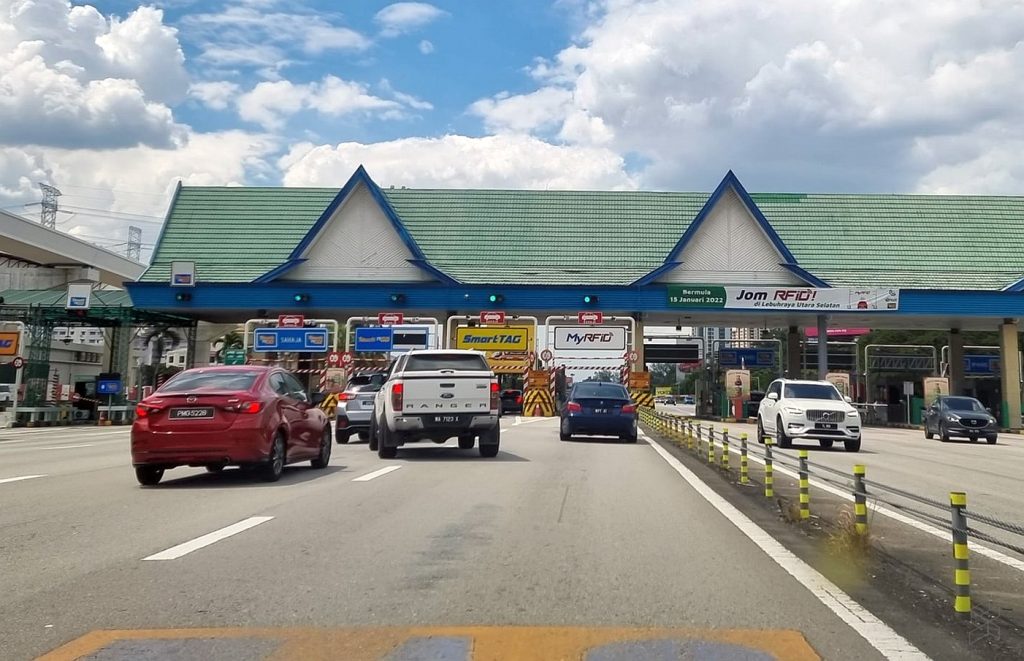
Unsurprisingly, the highway concessionaires were not only concerned with how the company was chosen for the project but they were also not fond of having another party collecting tolls on their behalf. The report also pointed out other underlying issues including bondholder approvals as well as legal obstacles regarding outstanding toll payments – which is something that we have pointed out back in 2022.
So, if the highway concessionaires are not happy with the rumoured proposal from the government, it seems rather doubtful that they would be willing to participate in the MLFF trials next year. Hence, it is likely that the MLFF project will continue to face long-lasting delays unless all the related parties can get their act together as soon as possible.
The implementation of RFID in the past few years was seen as a stepping stone towards a barrier-less MLFF experience. The majority of tolled highways in Malaysia including PLUS have implemented RFID but there’s a lack of clarity from the regulators on the next steps to transition towards MLFF.
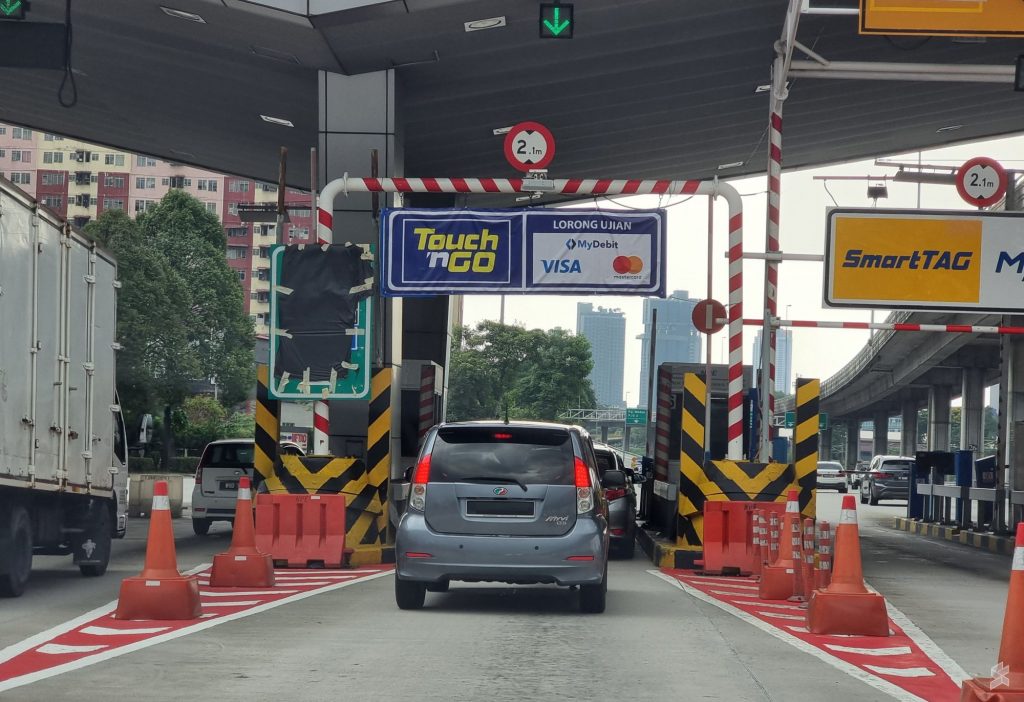
Despite the rising number of RFID users, there’s hardly any progress on additional RFID lanes or transitioning to Single Lane Free Flow for RFID payment lanes.
The latest development for toll payments is the introduction of an open payment system which allows the acceptance of credit and debit cards on selected highways. However, this implementation will soon be rendered irrelevant as there will no longer be physical toll plazas once MLFF is implemented.

